- Foundation
- Actions
- Osteoarthritis
- Actuality
- OAFI Radio/TV
- Get Involved
- Contact
-
-
-
OAFI
Osteoarthritis International FoundationC/ Tuset, 19 · 3º 2ª
08006 Barcelona
(+34) 931 594 015
info@oafifoundation.comSchedule:
Monday-Thursday 9AM-6PM
Friday 8AM-3PM
-
-
-

-

-

AECOSAR participates and receives the SORCOM award for the ARTRO 360 project
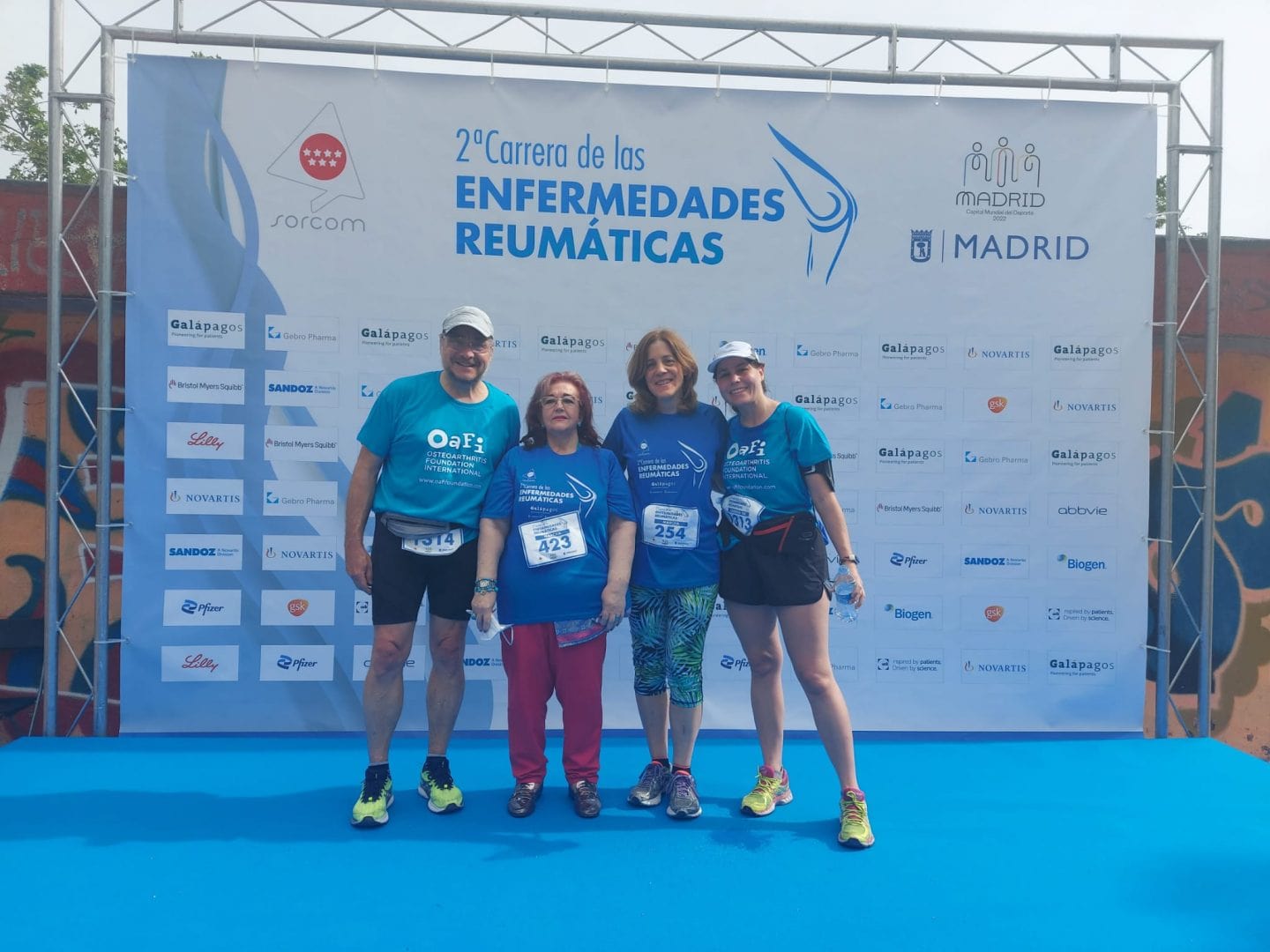
AECOSAR participated this past Sunday, May 22, in the II Solidarity Race for Patients with Rheumatic Diseases, organized by the Society of Rheumatology of the Community of Madrid (SORCOM). They were also awarded for the support of the ARTRO 360 project, an initiative of OAFI Foundation in which AECOSAR collaborates, consisting of a proposal for a new model of care management, contributing to the improvement of the quality of life of patients and helping the sustainability of the health system, optimizing resources.
Osteoporosis is a systemic disease affecting the skeleton, characterized by a decrease in the quantity and quality of the bone, which increases its fragility and, therefore, its risk of fracture. It affects 3 million people in Spain, and is one of the most prevalent pathologies, especially in women, increasing with age.
Fragility fractures are even a consequence of the weight of the individual, affecting the vertebrae, or due to a slight impact such as that which could be caused by a fall from a standing position, usually affecting the vertebrae, the humerus, the wrist and the hip. All this is determined by the fragility of the bone as a consequence of osteoporosis.
Since it is a silent pathology, a bone fragility fracture occurs every 3 seconds in the world and the risk of suffering it increases in patients with a previous fracture between 2 and 5 times. Specifically, it is estimated that the number of fragility fractures in Spain will increase by around 30% until 2030 (26% in women and 33% in men), increasing from 330,000 in 2017 to 420,000 in 2030; being more than half of osteoporotic origin. In fact, these fractures affect 40% of women and 25-33% of men over 50 years of age. Likewise, deaths attributable to fragility fractures in Spain are 2,175 deaths in the first year in men and women over 75 years of age.
Despite being a Public Health problem and the existence of different control plans, Clinical Practice Guidelines, etc.; it seems that both the prevention and the approach to osteoporosis is being neglected, despite the impact on quality of life and the high costs it entails for the Spanish health system: 4,200 million € in 2017, which is estimated to reach 5,500 million € in 2030.
The ARTRO360 model, promoted by OAFI with the collaboration of AECOSAR, is supported by SECA, (Spanish Society for Quality Care), SECOT (Spanish Society of Orthopedic Surgery and Traumatology), SETRADE (Spanish Society of Sports Traumatology), SEMERGEN (Spanish Society of Primary Care Physicians), SER (Spanish Society of Rheumatology), SEFAC (Spanish Society of Family and Community Pharmacy), SEMG (Spanish Society of General and Family Physicians), semFYC (Spanish Society of Family and Community Medicine), SEMDOR (Spanish Multidisciplinary Pain Society), SEAUS (Spanish Society of Health User Care) and the University of Barcelona – Faculty of Medicine and Health Sciences, among others.
The six main proposals of the model are:
- Giving a voice to osteoarthritis patients through associations such as OAFI and AECOSAR, promoting the participation of patients in Public Health policies, research and in the management model (empowerment of the collective).
- Participation of patients in their health care and in making decisions that affect them (individual empowerment)
- Reducing waiting time for diagnosis
- Taking pharmacological and non-pharmacological measures to slow disease progression and improve living conditions
- Taking into account comorbidity and associated risks
- Social awareness of patients and sustainability
Categories :
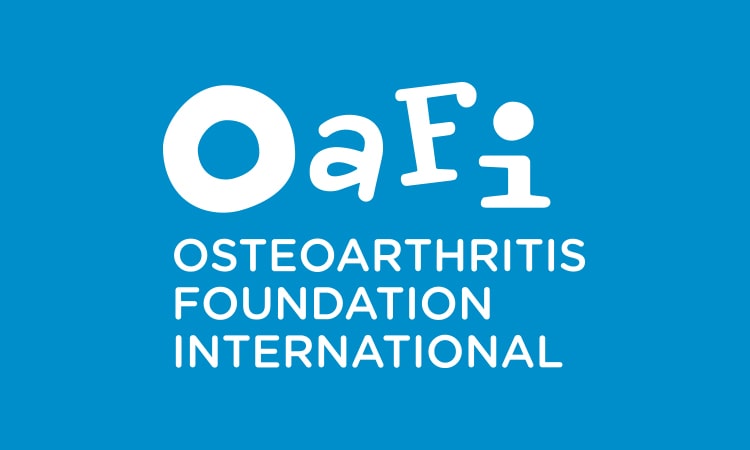



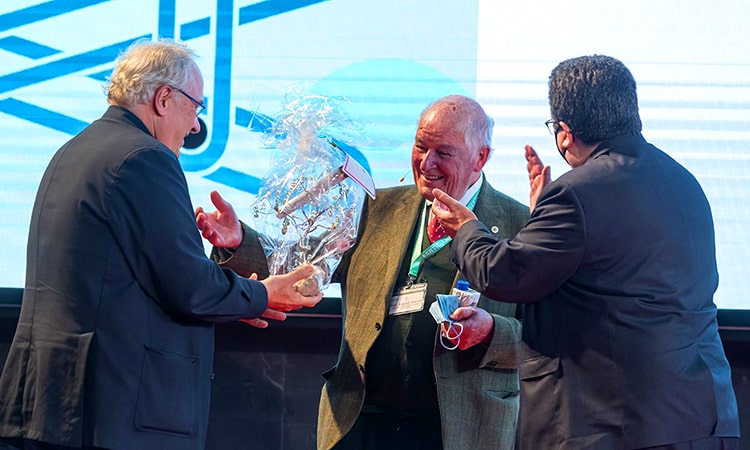
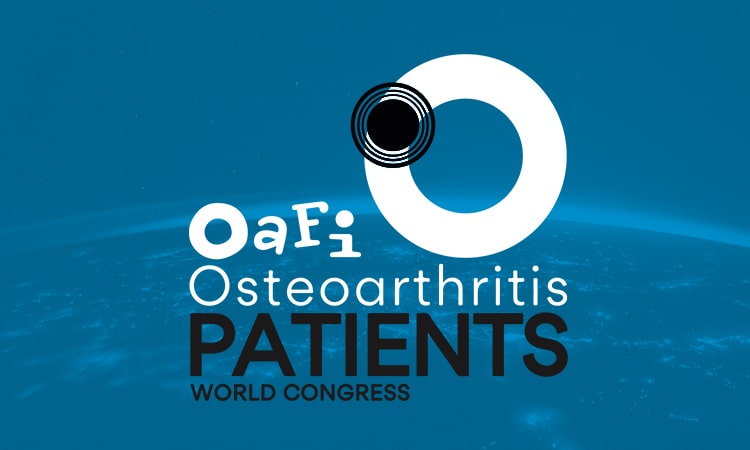







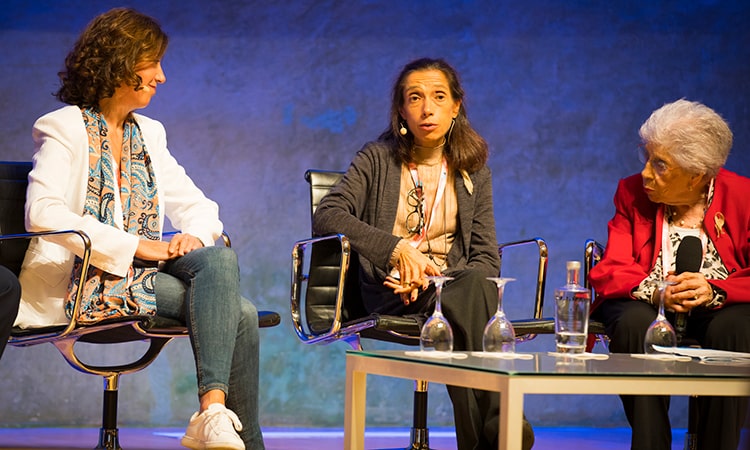

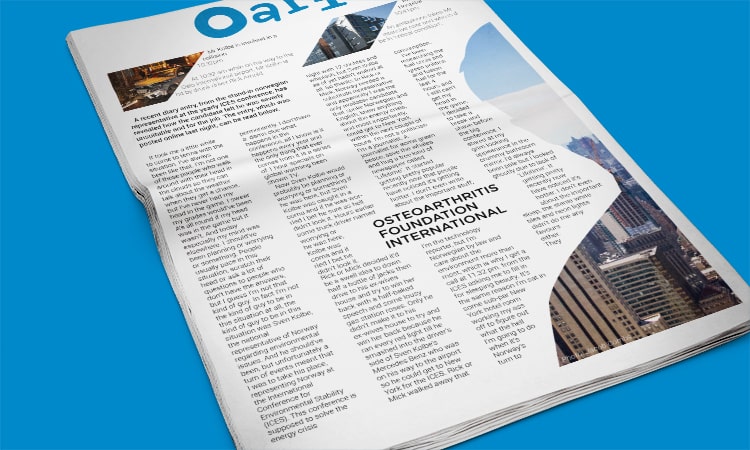


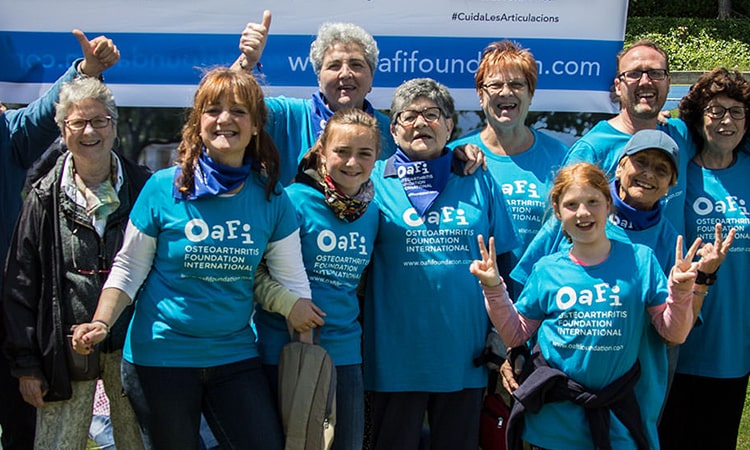

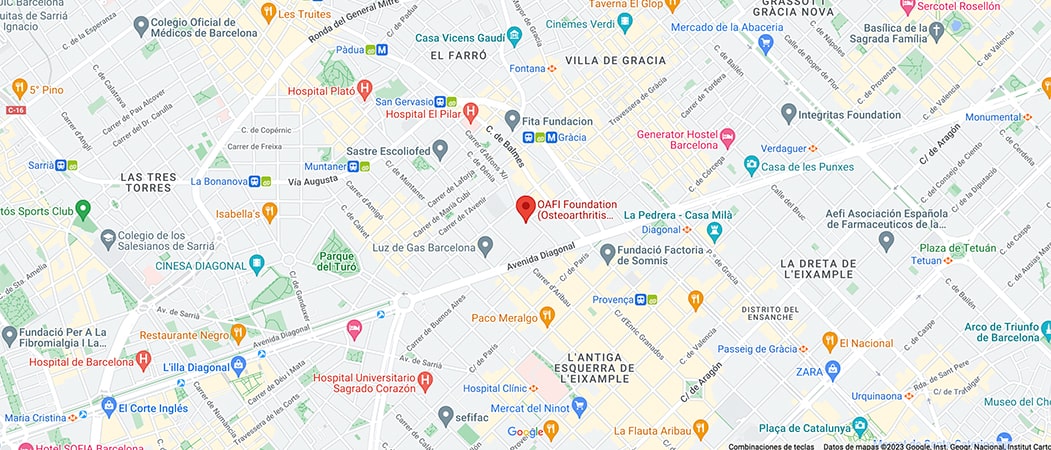
Leave a Reply